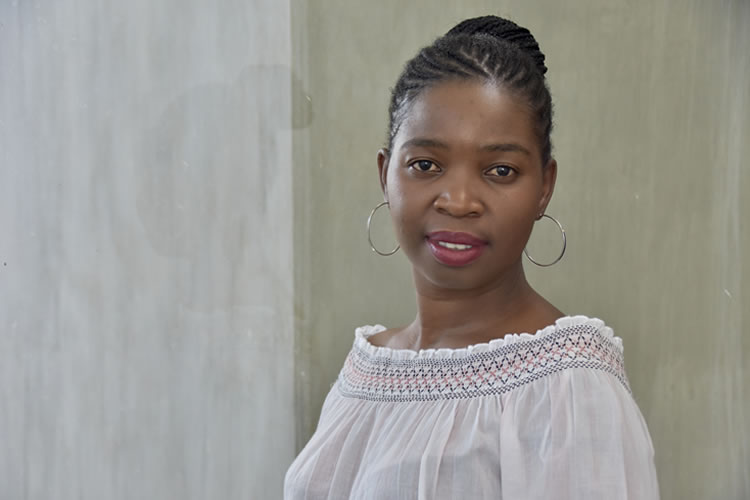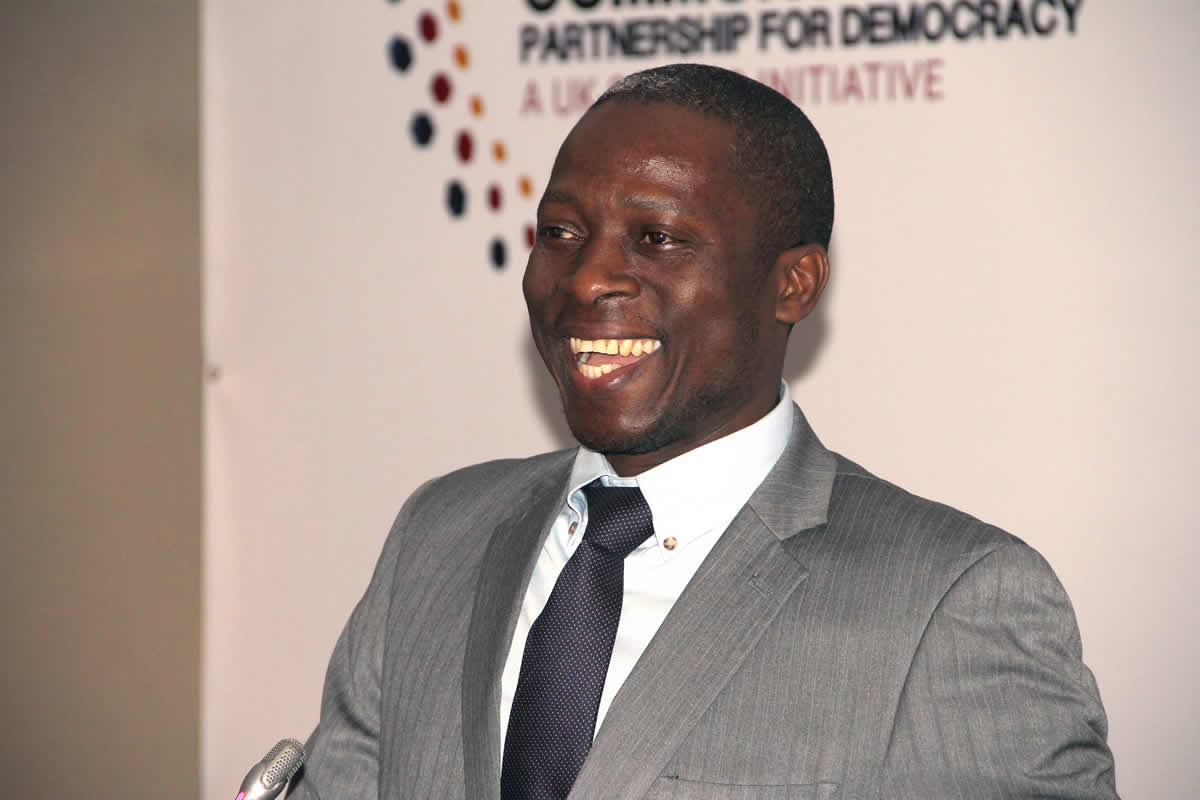On 30 and 31 July, the Democracy, Transparency and Digital Rights Unit and the Disability Rights Unit attended a workshop organised by the Westminster Foundation for Democracy (WFD) on advancing the inclusion and participation of persons with disability in Mozambique. The workshop was attended by officials from the Ministry of Gender, Children and Social Action (MGCSA) and Office of the Ombudsman; the Deputy President of the National Assembly. In attendence were also representatives from civil society organisations, most of them working on disability issues including the Centre for Human Rights (University of Pretoria) Light of the World, Associação dos Deficientes Moçambicanos (ADEMO), Forum das Organizações Moçambicanas de Deficientes (FAMOD), UNICEF, academia and the media.
The objectives of the workshop were to present findings of a study on socio-economic and political inclusion of persons with disabilities in Mozambique and to identify priorities that will inform the development of a National Agenda on the inclusion of PWDs in Mozambique. The aforementioned study which was commissioned by the WFD with the support of Commonwealth Partnership for Democracy (CP4D) had the main objective of informing the development of the National Agenda on socio-economic and political inclusion in Mozambique. The study examined the achievements made and the steps that Mozambique needs to make to meet national and international commitments on disability. Officials from the various government departments in attendence and representatives of the parliament of Mozambique outlined the current status with regards to national interventions on disability and the challenges such as resource constraints.
Ms Hlengiwe Dube from the Centre for Human Rights presented and led a discussion on the role of access to information in the socio-economic and political inclusion of persons with disabilities. Her presentation highlighted some of the ways that access to information can help persons with disabilities achieve their rights and ways in which lack of information contributes to exclusion and undermines their rights. She emphasized the importance of the right of access to information in a functioning democracy and also as a facilitative right in the realisation or enjoyment of other rights including access to justice, political participation, education and health. In the context of persons with disabilities, she stated that access to information is important in overcoming the exclusion of persons with disabilities and enjoyment of their rights and enhancing their participation in society. Ms Dube made reference to some of the challenges that hinder access to information such as lack of effective implementation of programs to provide access to information and communication for persons with disabilities, lack of awareness on the right of access to information among persons with disabilities, cultural barriers and illiteracy. She suggested that in order to overcome these challenges there is need to enhance legislation and policy on access to information, the inclusion of accessible ICTs in government purchasing policies, promoting digital inclusion of persons with disabilities, provision information in a variety of formats and raising general awareness on the right of access to information. The forum identified access to information as one of the priority areas of the National Agenda on Disability.
The workshop concluded with identification of priorities for the National Agenda namely access to information; fighting stigma and discrimination against persons with disabilities, political inclusion of persons with disabilities, civic education, adoption of a disability-specific law, socio-economic and political empowerment of persons with disabilities, access education, access to health, access to justice, access to social protection and budgeting for disability issues. It was highlighted that it was an appropriate period to develop the National Agenda as the existing policy frameworks were coming to an end and also that issues identified in the National Agenda would inform the much-awaited law on disability. More importantly, is the fact the country was holding national elections this year. Thus, the National Agenda would give clear guidance on approaching disability issues.
This initiative in Mozambique is part of the Centre for Human Rights’ partnership with WFD and Mozambique’s National Association of People with Disability (ADEMO) to contribute and influence policy development that impacts on persons with disability in Africa.
For more information, please contact:

Tel: +27 (0) 12 420 4199
Fax: +27 (0) 86 580 5743
Hlengiwe.Dube@up.ac.za

Tel: +27 (0) 12 420 6398
Fax: +27 (0) 86 580 5743
innocentia.mgijima@up.ac.za


